Gallin retires from NIH after storied career
Former Clinical Center director spent over half a century at NIH
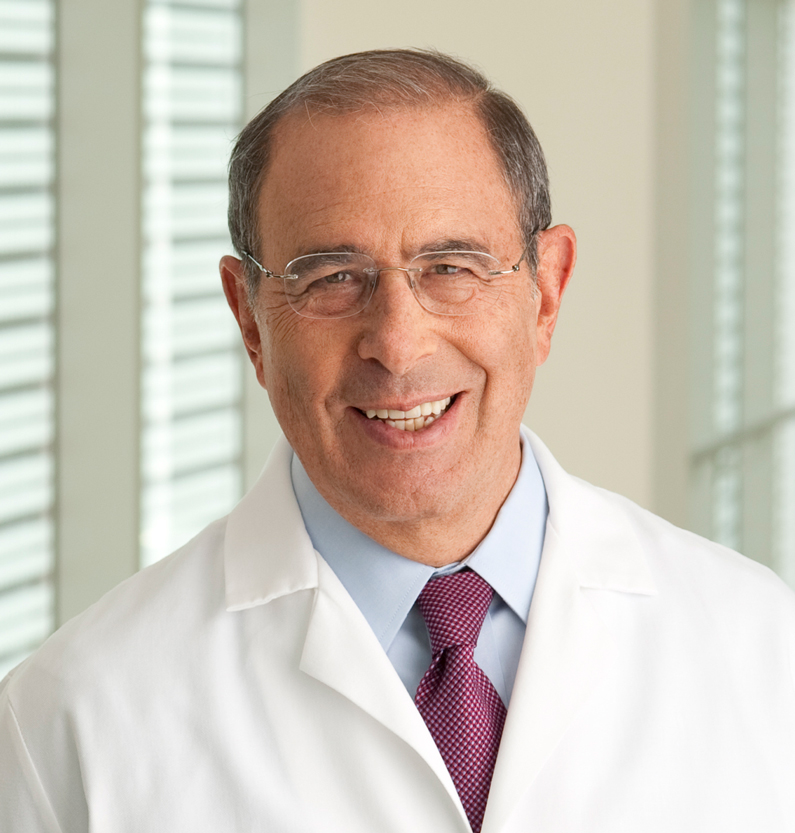
What people had to say about John Gallin at his retirement ceremony
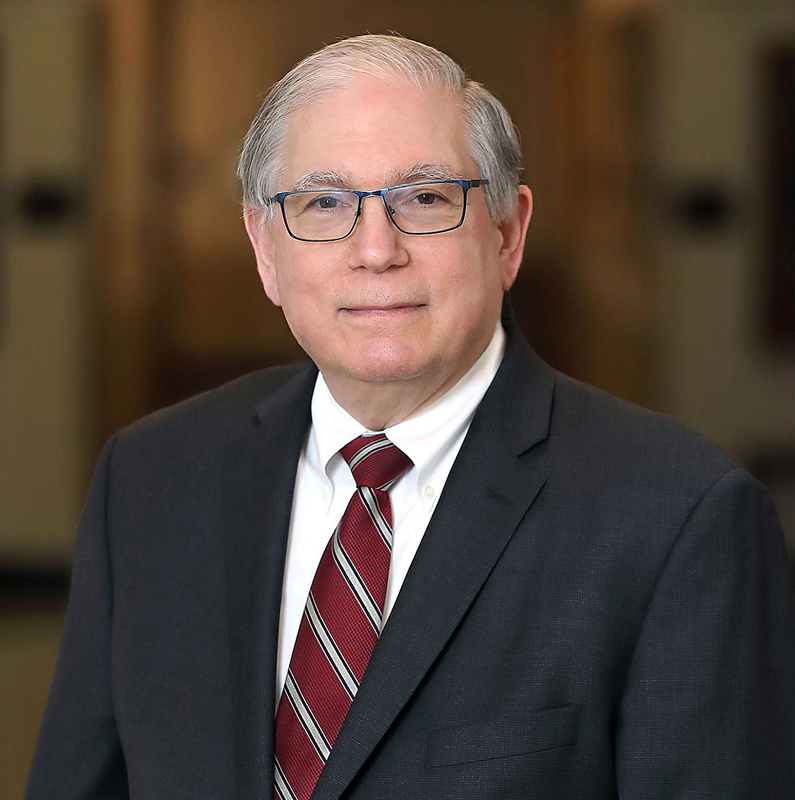
"This is a good time to pause for a moment and celebrate your decades of service to NIH. No one has done more than John to foster the highest quality of research not only at the NIH Clinical Center but in medical centers throughout the United States and across the world."
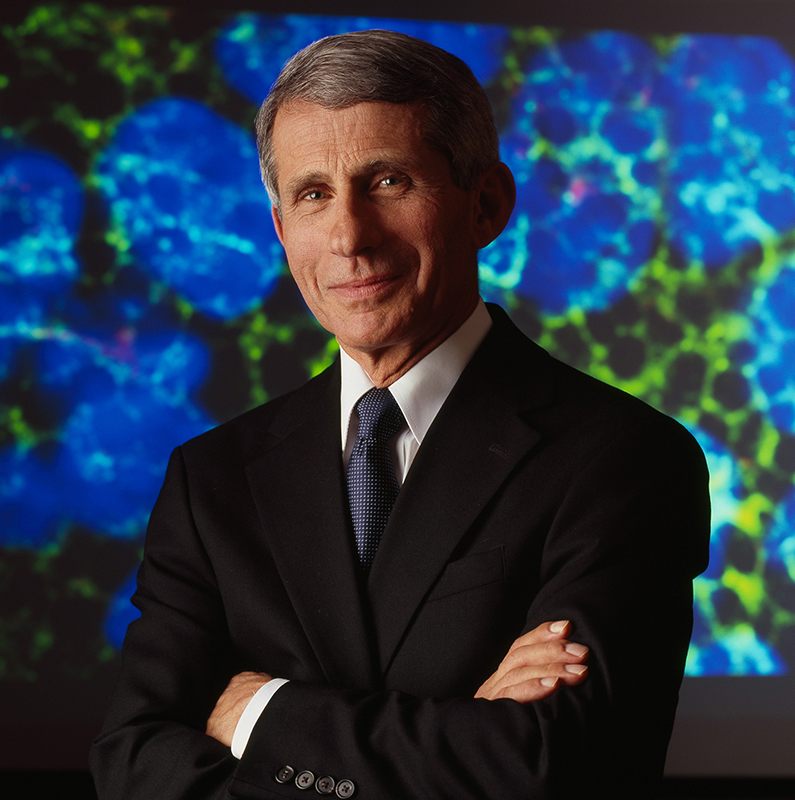
"John is one of the most underappreciated people in our scientific environment because he has worked on a very unusual set of diseases. But if you look at the impact of his findings, if this were in a disease that had a much larger cohort in it, he would have been much more widely recognized."
[Gallin's time as Clinical Center Director was] "characterized by a profound feeling for the patient. The Patient Advocacy Group. The idea about ethical concerns for patients which is the reason he established the Department of Bioethics."
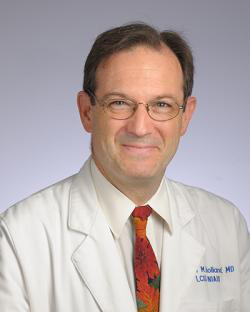
"John was extraordinary as a mentor…He always listened to what I had to say and then he was thoughtful and generous in his comments. He let me make my own mistakes. We all survived. And I thought it was really special that he was able to listen and to guide without directing."
After 50 years, Dr. John I. Gallin is hanging up his lab coat.
Gallin retired from federal service on March 25, 2023, as the NIH associate director for Clinical Research and chief scientific officer of the NIH Clinical Center. He also served as the tenth, and longest serving, director of the NIH Clinical Center from 1994-2017. Among the many innovations during his tenure at the Clinical Center, he oversaw the expansion of the hospital, the establishment of a Department of Bioethics, the initiation of the Bench to Bedside Awards to foster laboratory and clinical collaborations and the development of a clinical research training curriculum which reaches over 25,000 students in 168 countries every year.
While he is stepping away from his administrative duties, Gallin will continue to work in his lab, focused on his research of rare immune disorders of phagocytes, immune cells can boost immune responses, with a focus on chronic granulomatous disease (CGD). While he was a full-time administrator, he remained committed to research and his laboratory's investigations have reduced life-threatening bacterial and fungal infections in patients with CGD and phagocytic diseases.
Before serving as Clinical Center director, Gallin worked as Director of the Intramural Research Program for the National Institute of Allergy and Infectious Diseases (NIAID). He was at NIAID during the height of HIV epidemic. As Congress responded to researchers' requests for resources to study the disease and invest in potential cures, Gallin innovated with contracting to ramp up research capability quickly and implemented electronic infrastructure to handle record keeping and track research and samples.
He joined NIH in 1971 for postdoctoral training in basic and clinical research in infectious diseases in NIAID's Laboratory of Clinical Investigation.
Gallin earned his BA from Amherst College (cum laude) in 1965, and M.D. from Cornell University in 1969 and completed his internship and residency at Bellevue hospital in New York City.
Gallin has published more than 380 articles in scientific journals and edited two textbooks – Inflammation, Basic Principles and Clinical Correlates (Lippincott, Williams, and Wilkins, 1999, 3rd edition) and Principles and Practice of Clinical Research (Academic Press, 2012, 4th edition 2018).
While Gallin received countless honors throughout his career, at core what really drove him was the potential of medicine to help people.
As a child, Gallin had a strong interest in science. And medicine made an impression on him after his mother became acutely ill with severe hemoptysis, the spitting of blood from the lungs which can be caused by bronchitis, bronchogenic cancer and pneumonia.
Gallin personally understood the complexity and challenges of the hospital environment. During his internship and residency at Bellevue hospital, Gallin worked on tuberculosis and ended up becoming infected with the pathogen.
"Fifteen years later, I had to have a thoracectomy because I had tuberculosis. I got it because I was not, at the time, working in a good environment. I will not have my staff working with the organism [tuberculosis] unless the conditions are right," said Gallin in a 1993 interview with the Office of NIH History and Stetten Museum.
He was at the helm in 2014 when a number of U.S. healthcare workers were exposed to or infected with Ebola Virus. Navigating an atmosphere of anxiety within the hospital and across the country, treatment and care for the patients was meticulously planned to protect patients and staff and all admitted patients were eventually discharged after they were free of the virus and no longer contagious.
Gallin set up the Clinical Center's Patient Advisory Group in 1998 to elicit patient feedback in a forum open to all patients and their families. The PAG continues to meet today.
He, along with Clinical Center nurses, worked with the Foundation for the National Institutes of Health who provided funding to build the NIH Edmond J. Safra Family Lodge. The Lodge, which opened in 2005, offers a no-cost place to stay for families and loved ones of adult patients who are receiving care at the NIH Clinical Center.
Gallin was a long-time board member of the Children's Inn at NIH. The Inn was conceived as "a home-like environment" where families stay for free while their children undergo treatment at the NIH.
Gallin connection to patients was demonstrated at his retirement ceremony.
With Dr. James Gilman, CEO of the NIH Clinical Center, as master of ceremonies for the event the lineup featured many prominent researchers and physicians. But the last speaker who introduced Gallin was Amanda Young, a patient of his since August 1990.
At an early age, Young contracted a host of diseases that were almost unimaginable: spinal meningitis, gas gangrene, salmonella poisoning of the sinuses and an abdominal abscess among them. Yet doctors were baffled as to why. After 13 years of study, Gallin was finally able to deliver a diagnosis - the genetic defect of the IRAK-4 deficiency.
"Thank you for taking a chance on me. Thank you for never giving up. Thank you for doing what you said you were going to do. Thank you for including me and letting me be an advocate for this amazing hospital. We will never be able to properly thank you for all that you are to me and my family," said Young in heartfelt and tearful remarks at Gallin's retirement ceremony.
The guest of honor followed Young's remarks.
"Amanda, you are what I consider to be the most important people on this campus: our patients. Without our patients there would be no clinical research," said Gallin, wiping away a tear after Young's moving commentary.
"I love this place, and that is why I have stayed her for 52 years…For me it is the incredible diversity of people – all of you – who I have had the opportunity to work with to make things happen."
"As a physician investigator, I know how first-hand how supportive the hospital is for the patients who often come at the scariest times of their lives as we provide them hope. [I know] how incredible the Clinical Center is as a hospital – supporting care while doing cutting-edge clinical research that has changed medicine over the last seven decades. So, it is for all these reasons, made possible by the wonderful people who work here, that I love this place. It has been a true privilege to spend my career working with all of you," said Gallin.
View the retirement ceremony on archived videocast.
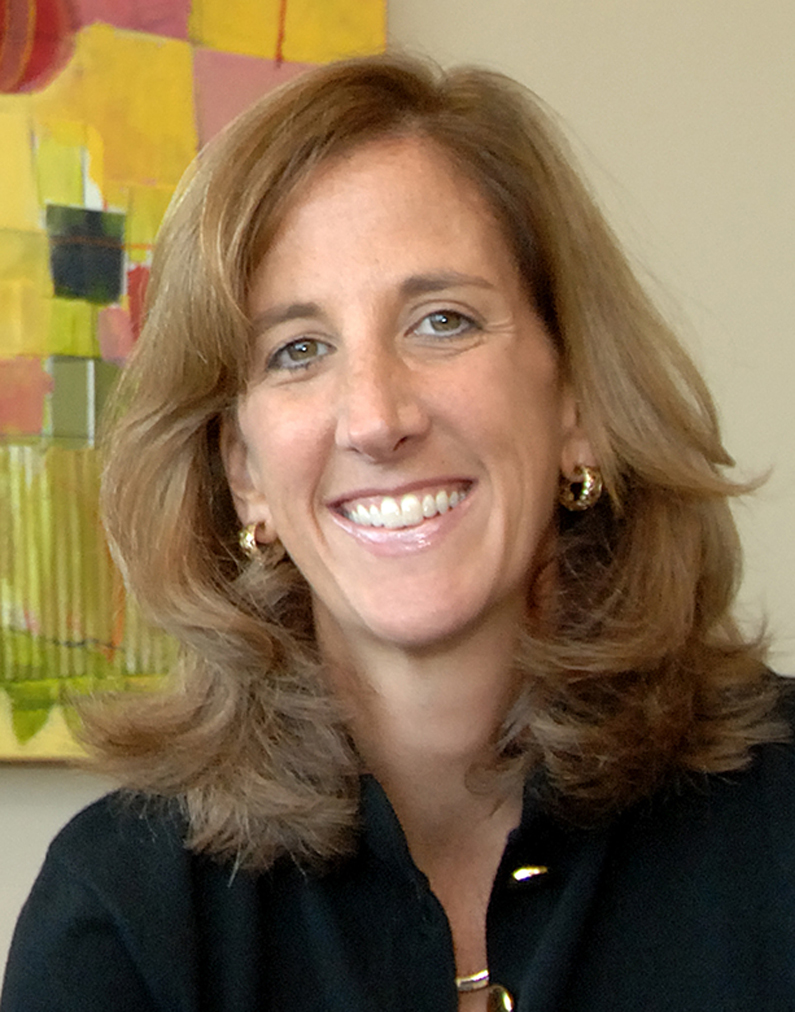
"John instills in those who work with him a desire to be the best. Always to make things better and not ever accept the status quo. What do the patients need? What do the Institutes need? How are we doing? And where is the data? He set the stage with his deep engagement for a partnership with and collaboration across the Institutes and across organizational boundaries. It was a big team and a big family."
"As an individual, John is caring, loyal and present. He has the gift of making others who he is with feel really important. He pays attention. He asks thoughtful questions. He cares deeply about issues and people. And he remains intently focused on whoever is in front of him."
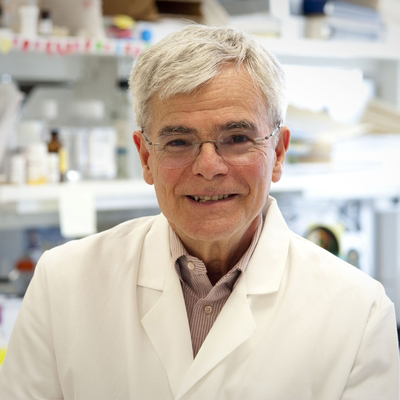
"John is a fierce advocate for clinical research, a strong believer in collaboration, but most important of all and to the benefit of the NIH he is a visionary who will not be denied. His persistence is legendary."
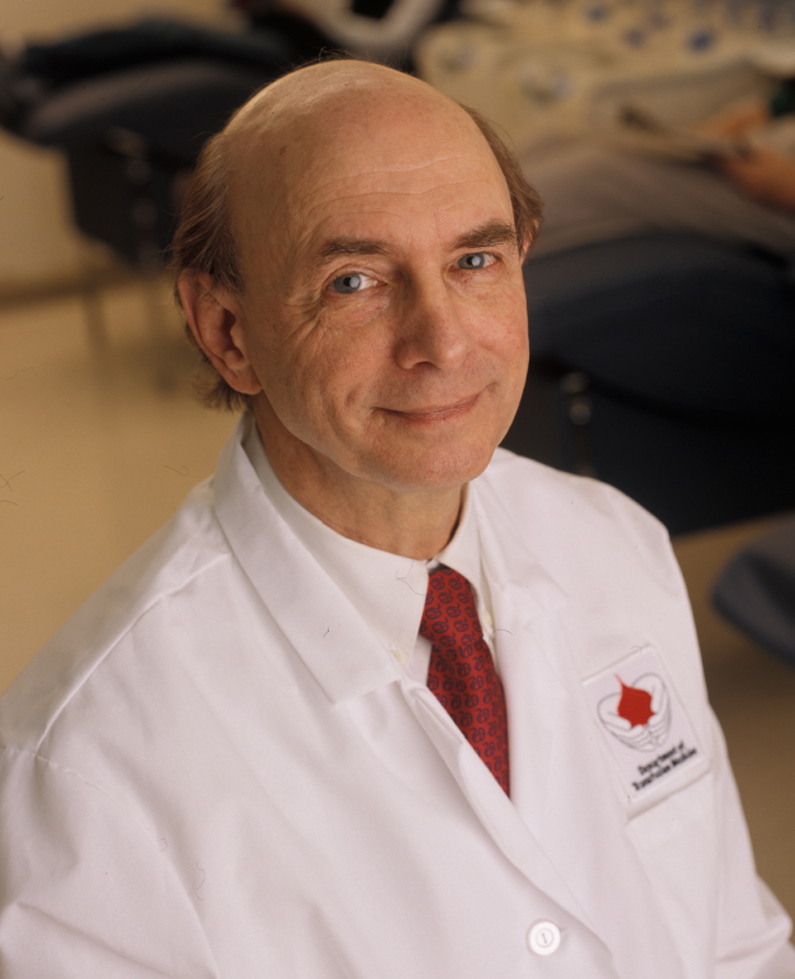
[after reciting a poem he composed for Gallin] "John, I dedicate this poem to you, my boss, my mentor and my great friend, and I know that the friendship will continue."
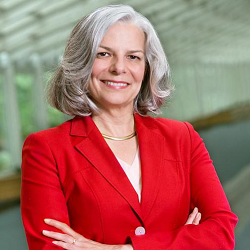
"Thank you for your leadership and everything that you've done to further the care of patients and the most incredible Clinical Center in the world, but also to be an inspiration for the scientists and the clinicians around the world who really look to the NIH for being the exemplar of what they aspire to in their own careers."
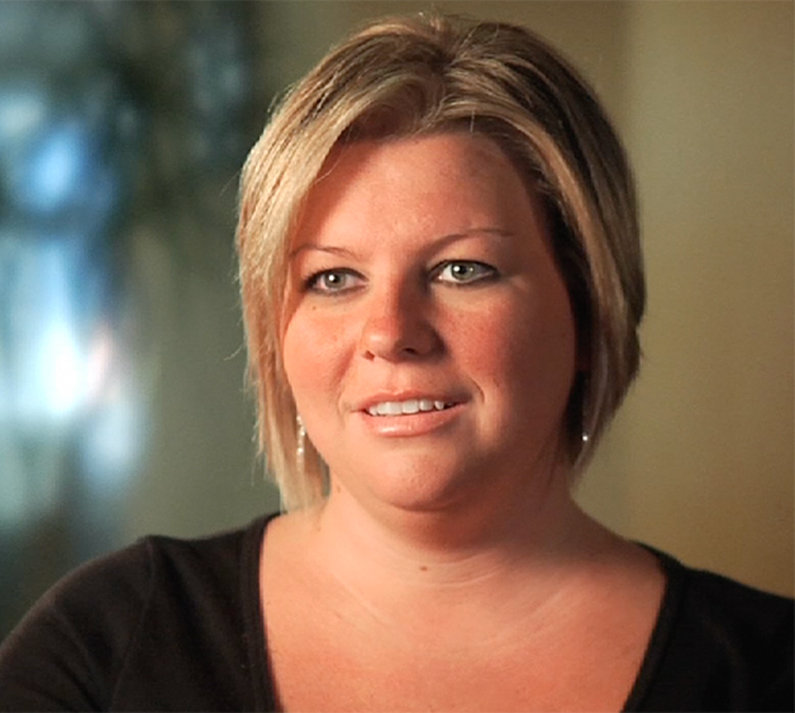
"I have always feared for this day. And pretty sure over the years that you promised me that you would never retire, but here we are. [I wondered] What would happen to the research? What would happen to me? And then it hit me. We have always had an amazing team of doctors and scientists working together this whole time and I pray they will stick with me and continue the research and take care of me like you have."
- Donovan Kuehn